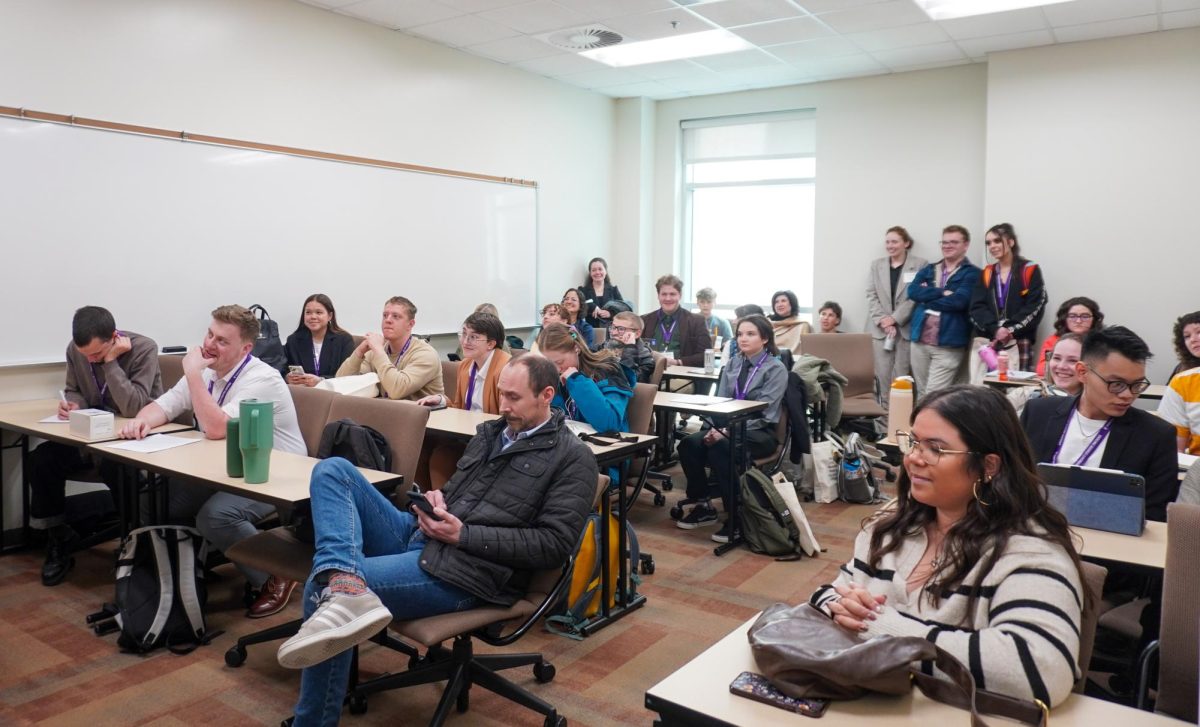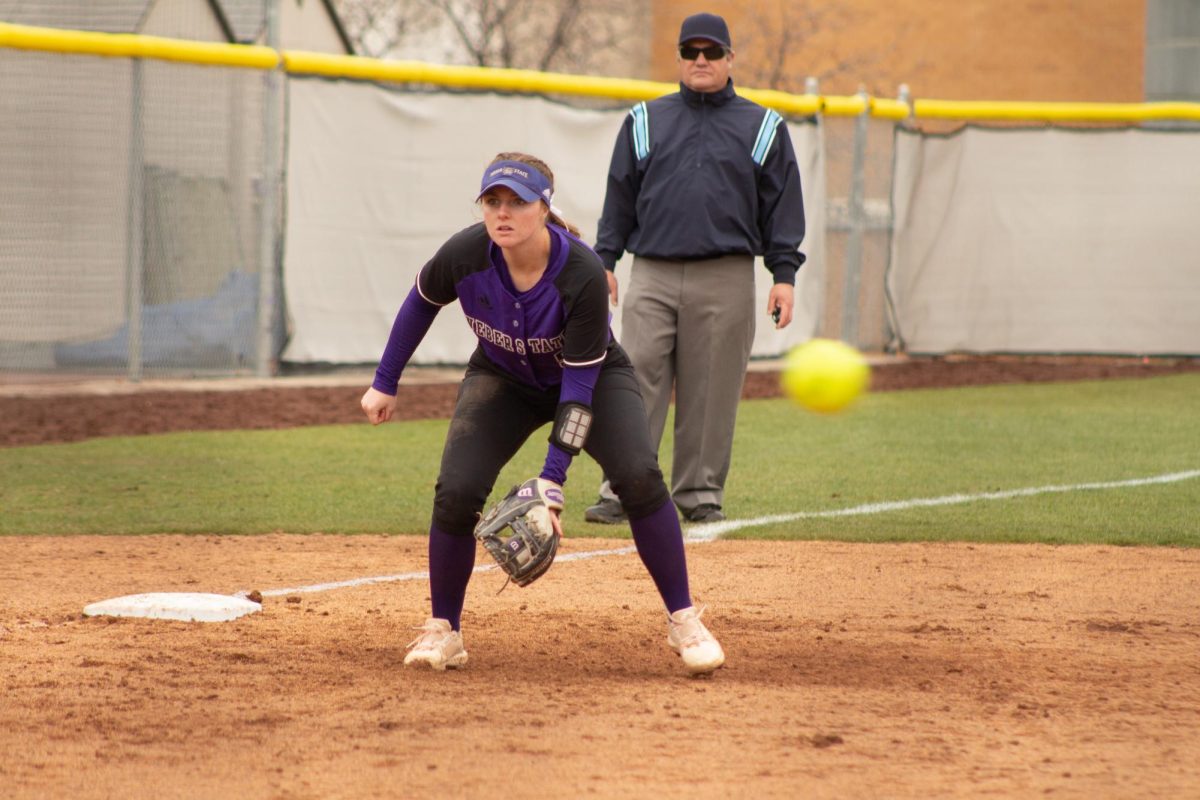The Student Fee Recommendation Committee made their annual decision on Feb. 16 regarding how they will go about granting requests to increase allocations to various Weber State University departments.

Thirty-seven different clubs and organizations requested raises, with a select few standing out. Counseling and Psychological services and the Women’s Center are among those who received significant increases.
Finance and data manager Dave Taylor said there is a specific process followed by the SFRC committee. The process begins in September when the request for applications goes out to the campus for students to apply.
After the initial request, the interview process takes place in October. Training for committee members and new applicants begins in November, and applications are reviewed after the new year begins. Then the committee deliberates between January and February.
Taylor said if a registered company or organization asks for money, it is handled through the student involvement and leadership process.
“They have their own process for distributing student fee funds, so they are allocated student fees,” Taylor said. “They allocate those based on criteria separate from the committee.”
The Women’s Center received an increase of $31,560, second to only the Counseling and Psychological Services Center.
Weber State student Cody Brown works in the Women’s Center and is also on the SFRC. Brown said the financial boost is significant.
“It means a lot since the Women’s Center has been historically underbudgeted and understaffed,” Brown said.
Brown said the second increase was for a system in the advocacy services in the center. A majority of the services involve working with students who have been victims of sexual assault.
Brown said the advocate system is an online system that will be used to store client information for someone coming to see the Women’s Center for their new services.
“That new system will allow the center to be more secure, especially working with such sensitive information,” Brown said.
Brown believes the Women’s Center received over 20 requests for a raise, and twice as many requests than the organization had in funding to allocate. He said even though the SFRC is a crucial power, they ultimately do not have the final say.
“Our recommendation is sent to the Board of Directors,” Brown said. “Our committee just sends that recommendation, the board reviews it, and they make sure it is in the line with their goals, they approve it, and that is when the centers receive their funding.”
The Counseling and Psychological services center at WSU received the largest increase of any organization, gaining over $38,000 after asking for just $23,000. According to Executive Director of Counseling Dianna Abel, the student body’s activities contribute to the increase.
“Students at Weber State decided to take a stand for mental health,” Abel said. “That is really powerful. We feel very supported by the students.”
Abel said the resource staff has been understaffed for years due to potential employees taking jobs elsewhere, such as Utah State and the University of Utah. Abel added it is demoralizing for her institution to add positions while they are already likely aware the posts will not be filled. Because of this, the community has felt a negative impact.
“It is exhausting to bring staff on, have them stay for a short period of time, only to lose them,” Abel said.
Even with discrepancies in money received by different organizations, both Taylor and WSU Student Body President Aulola Moli said they have not had to deal with protests. Although few, Moli said the primary concern she’s overheard was over the cost of student fees.
“I know that a lot of students have no idea where their money goes or how we spend the money,” Moli said. “If more students learned about SFRC, I feel like they would be satisfied with how their fees are allocated.”
Moli said a wide variety of students serve on the SFRC, which she feels gives Weber State a fair representation of the student voice.
“We all have the opportunity to speak at the table and share our viewpoints in determining where the student fee allocations are going to go for next year,” Moli said. “We all received assignments to serve as liaisons for each request and are able to articulate what each department is asking for and why.”
For departments such as the Women’s Center, Brown said a substantial increase in money can put WSU on the map nationally. He added the center will soon be receiving a national award at a NASPA conference for best practices within the United States.
Brown said the grant he is working on, to create new primary prevention for the LGBTQ community, is being featured nationally.
“As far as other universities or other places looking to make their practice more similar to ours, we do get a lot of emails regarding that and how they can emulate some of the stuff that we’ve been doing,” Brown said.
Brown hopes more individuals will take notice of the Women’s Center because of these honors. With the majority of their staff overworked, he hopes they’ll be cleared of substantial obligations in order to help create a more manageable workload.
“Having a more professional staff around the office will allow them to oversee the student staff as well as allow us an opportunity for more programming and more services in the center,” Brown said.
For Moli, she said becoming educated in the process is critical for students.
“If students knew how we decided, I feel like they would feel so much better about having to pay what they pay for student fees,” Moli said.



















